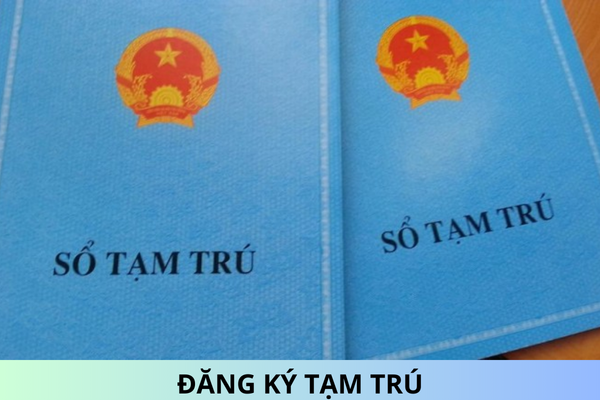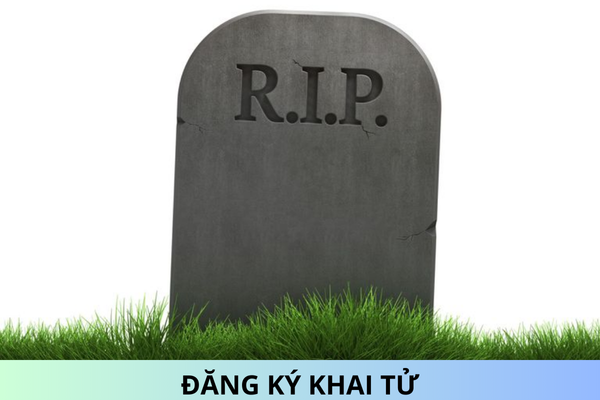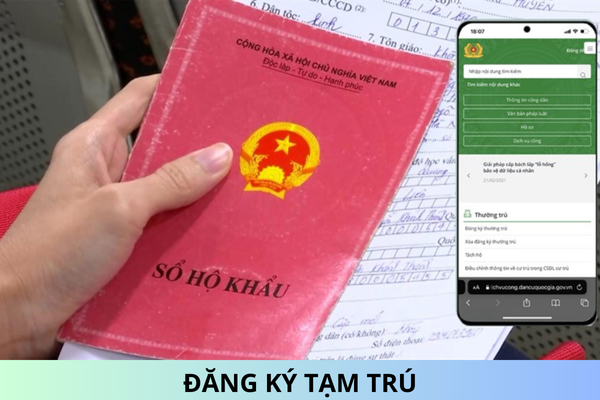Is it possible to appoint an administrator of estates as one of the heirs in Vietnam?
Is it possible to appoint an administrator of estates as one of the heirs in Vietnam? What are rights and obligations of administrators of estates in Vietnam? Which persons are not entitled to inherit in Vietnam?
Hello, my father passed away, leaving an estate for my 4 brothers and sisters without a will, now we want to appoint an administrator of the estate while waiting for the division of the estate. I don't know if it is possible to appoint an administrator of the estate as one of the heirs or not, or should I appoint an administrator of the estate who is not an heir?
Is it possible to appoint an administrator of estates as one of the heirs in Vietnam?
Pursuant to Article 616 of the 2015 Civil Code, there are regulations on administrators of estates as follows:
1. Administrator of an estate means the person who is appointed in the will or by agreement of the heirs.
2. Where a will fails to appoint, and the heirs have not yet appointed, an administrator, any person currently possessing, using or managing property within the estate at the time of the commencement of the inheritance shall continue its administration until the heirs have appointed an administrator.
3. Where an heir has not yet been determined and there is not yet an administrator of the estate as prescribed in Clauses 1 and 2 of this Article, the estate shall be administered by a competent authority.
Thus, according to the above provisions in Vietnam, because your father died without leaving a will, you and other heirs have the right to agree and appoint an administrator of estates, in case you and other heirs do not have a will. If you agree to appoint an administrator of the estate, all heirs including you will be the administrator of the estate.
What are rights and obligations of administrators of estates in Vietnam?
In Article 617, Article 618 of the 2015 Civil Code, rights and obligations of administrators of estates are as follows:
Article 617. Obligations of administrators of estates
1. An administrator of an estate as provided in Clauses 1 and 3 of article 616 of this Code has the following obligations:
a) Make a list of the property within the estate and collect any property belonging to the estate of the deceased which is possessed by others, unless otherwise provided by law;
b) Take care of the estate and do not sell, exchange, give, pledge, mortgage or otherwise dispose of property within the estate without the written consent of the heirs;
c) Notify the heirs of the estate;
d) Compensate for any damage if the administrator breaches any of its obligations, thereby causing damage;
dd) Deliver back the estate at the request of the heirs.
2. A person possessing, using or managing property within an estate as provided in Clause 2 of Article 638 of this Code has the following obligations:
a) Take care of the estate and do not sell, exchange, give, pledge, mortgage or otherwise dispose of property within the estate;
b) Notify the heirs of the estate;
c) Compensate for any damage if the administrator breaches any of its obligations, thereby causing damage;
d) Deliver back the estate as agreed with the deceased in a contract or at the request of the heirs.
Article 618. Rights of administrators of estates
1. An administrator of an estate as provided in clauses 1 and 3 of article 616 of this Code has the following rights:
a) Represent the heirs in dealings with any third parties in relation to the estate of inheritance;
b) Receive remuneration as agreed with the heirs;
c) Receive payment of costs of estate preservation.
2. A person possessing, using or managing property within an estate as provided in Clause 2 of Article 616 of this Code has the following rights:
a) Continue to use the estate as agreed with the deceased in a contract or with the consent of the heirs;
b) Receive remuneration as agreed with the heirs;
c) Receive payment of costs of estate preservation.
3. If the estate administrator fails to reach an agreement on the remuneration with the heirs, he/she shall be entitled to receive an appropriate remuneration.
According to this Article, the person who is appointed in the will or by agreement of the heirs will have the rights and obligations as prescribed above in Vietnam.
Which persons are not entitled to inherit in Vietnam?
Pursuant to Article 621 of the 2015 Civil Code, there are provisions on persons not entitled to inherit as follows:
1. The following persons are not entitled to inherit:
a) Persons convicted of having intentionally caused the death of or harmed the health of the deceased, of having seriously mistreated or tortured the deceased, or of having harmed the honor or dignity of the deceased;
b) Persons having seriously breached their duty to support the deceased;
c) Persons convicted of having intentionally caused the death of another heir in order to obtain all or part of the entitlement of such other heir to the estate;
d) Persons deceiving, coercing or obstructing the deceased with respect to the making of the will, or forging, altering or destroying the will in order to obtain all or part of the estate contrary to the wishes of the deceased.
2. Persons provided in Clause 1 of this Article may, nevertheless, inherit the estate if the deceased was aware of such acts but, nevertheless, allowed them to inherit the estate under the will.
Thus, if the heir falls into one of the cases as prescribed above, he will not be entitled to the estate in Vietnam.
Best Regards!











